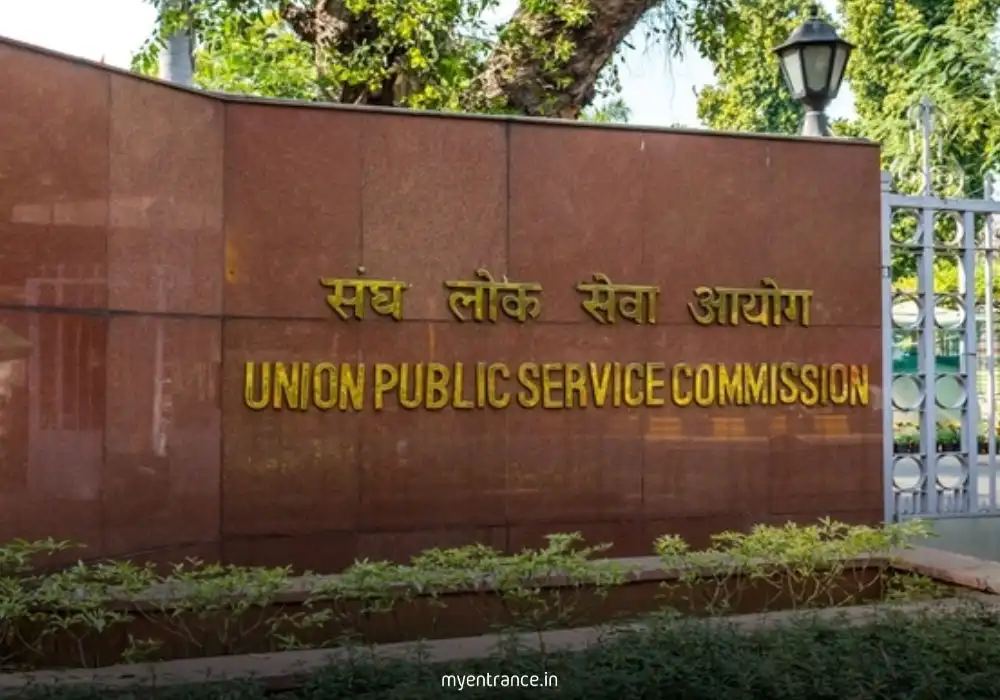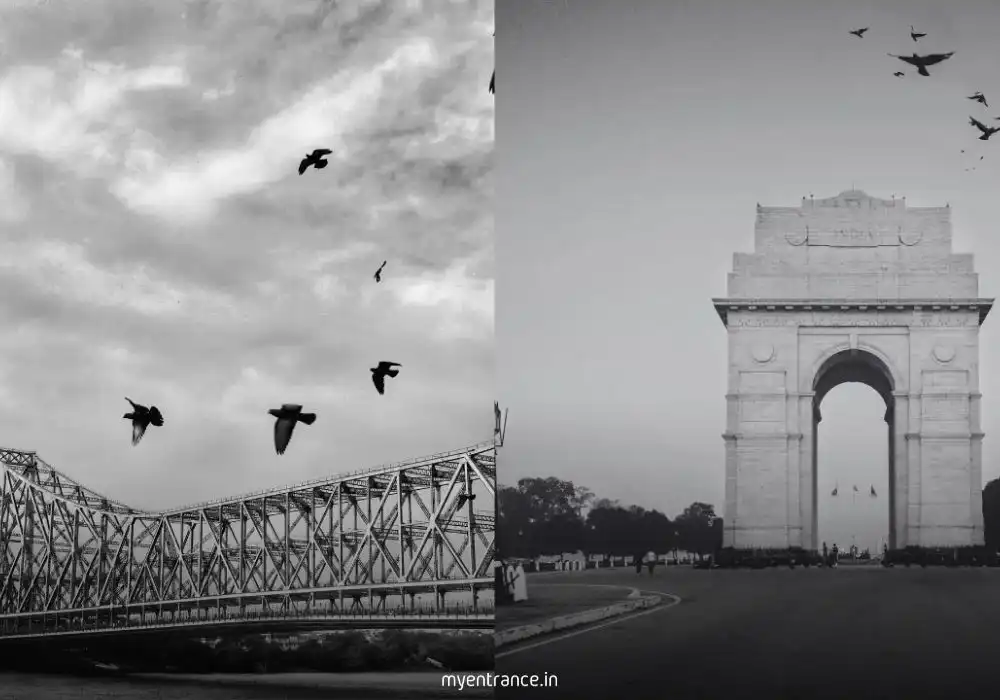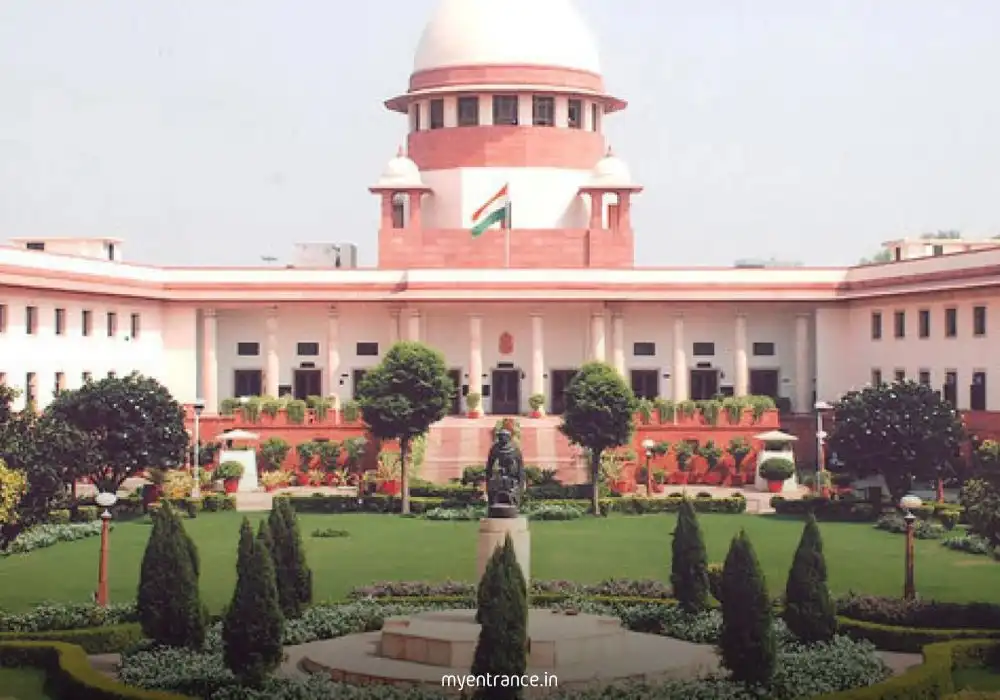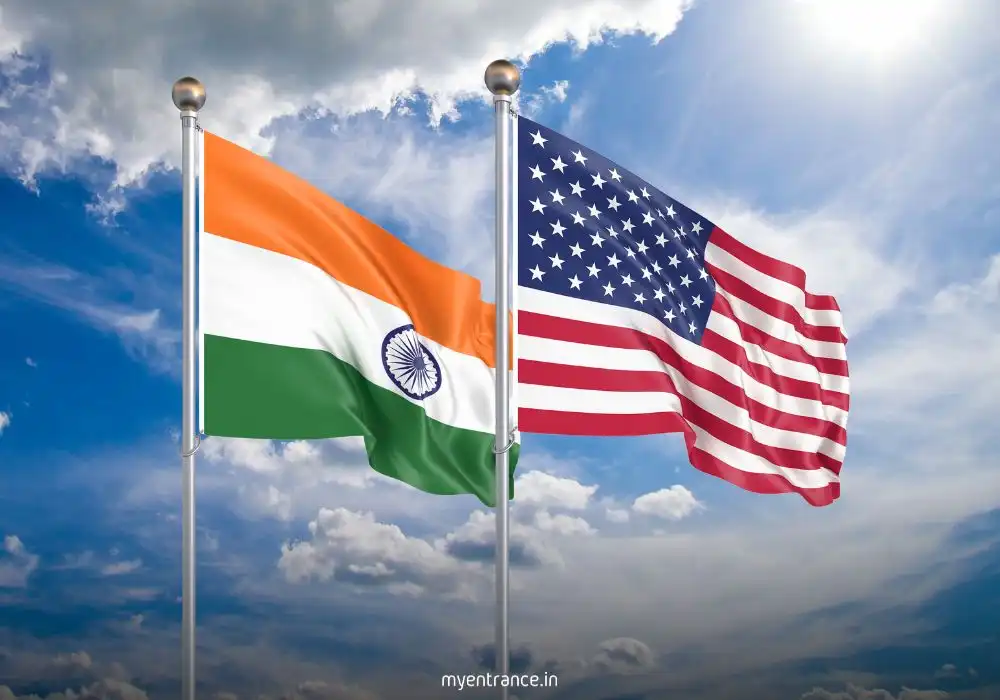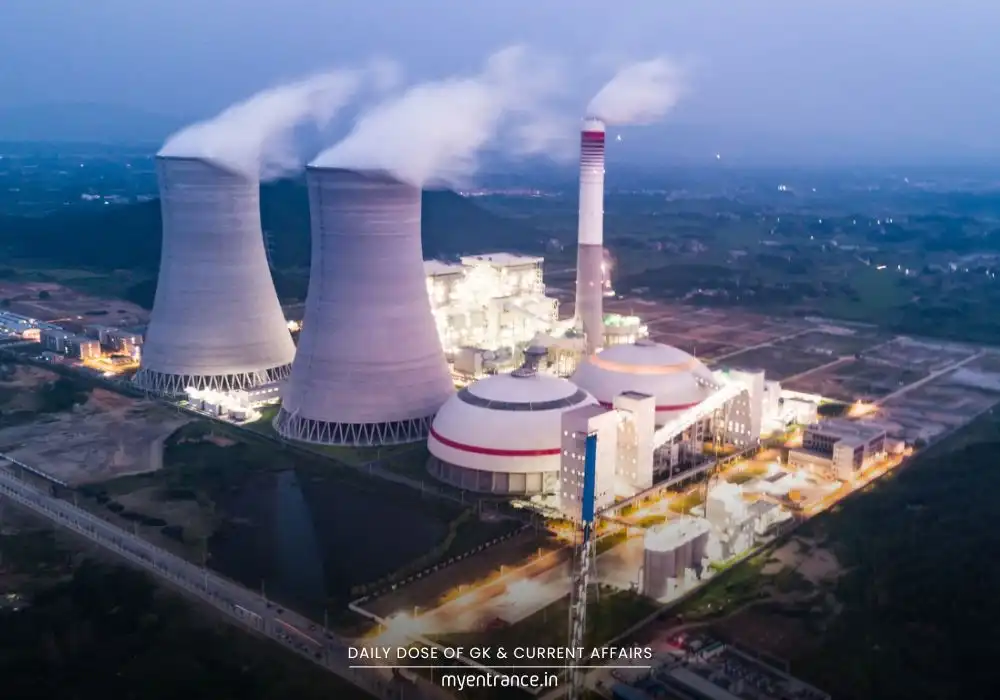Translate Language
EC Announces Vice-President Polls: Key Constitutional Insights for Competitive Exams
The Election Commission has scheduled India’s Vice-Presidential election for September 9, 2023, following Jagdeep Dhankhar’s resignation. This event tests core constitutional principles relevant to SSC, UPSC, and state PSC exams. Understanding the VP’s election process, vacancy rules, and electoral mechanics is non-negotiable for aspirants.
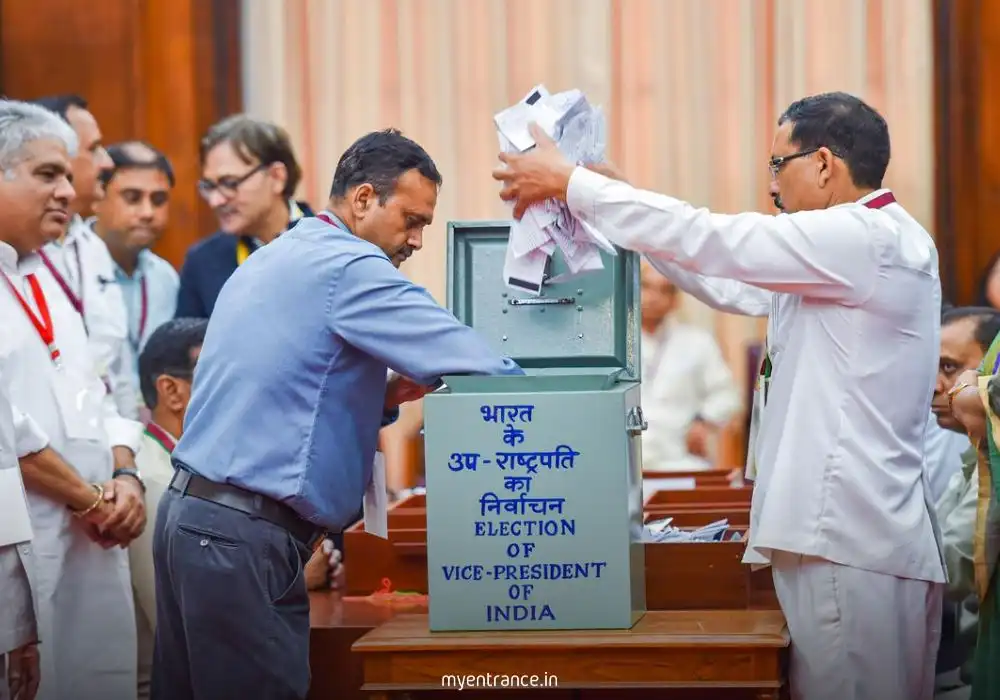
Breaking Down the VP Election Process
The Election Commission’s announcement of September 9 for the Vice-Presidential election marks a critical constitutional moment. With Jagdeep Dhankhar’s unexpected resignation on July 21, this poll will fill a vital role in India’s governance structure.
Let’s demystify the process:
Electoral College: Comprises 782 MPs (233 elected + 12 nominated RS members + 542 LS members).
Voting System: Secret ballot using proportional representation with a single transferable vote. Each MP ranks candidates by preference.
Quota Calculation: Winner must secure votes equal to *(Total Valid Votes / 2) + 1*.
If no candidate crosses quota initially, last-place candidates are eliminated, and votes redistribute based on preferences until one wins.
Key constitutional nuances:
Mid-term vacancies (like Dhankhar’s) are rare—only the 3rd in India’s history.
While no direct provision exists for VP duties during vacancy, Rajya Sabha’s Deputy Chairman can preside over RS proceedings.
Eligibility: Indian citizen, ≥35 years, registered voter (not a Parliament/state legislature member).
Why This Matters for Exams:
This topic anchors UPSC Prelims (Polity), Mains GS-II (Constitutional Bodies), and SSC/PSC exams:
Tests knowledge of Article 66-67 (VP election/term).
Explains electoral college differences (President vs. VP).
Covers vacancy management and roles of constitutional bodies like EC.
Recent events often trigger MCQs on resignation protocols and historical precedents.
Questions & Answers:
Q1: Who conducts the Vice-President’s election in India?
A: The Election Commission of India oversees VP elections, per Article 66(1).
Q2: How does the VP’s electoral college differ from the President’s?
A: The President is elected by MPs + MLAs, while the VP is chosen only by MPs (Lok Sabha + Rajya Sabha).
Q3: What is the minimum age to contest a VP election?
*A: 35 years, with eligibility as a registered voter in any Indian state/UT.*
Q4: Can the VP hold office beyond a 5-year term?
A: Yes. Under Article 67, the VP continues until a successor assumes office, even after term expiry.
Q5: How is the winning quota calculated in VP elections?
*A: Quota = (Total Valid Votes / 2) + 1 (ignoring fractions). E.g., 782 votes → quota = 392.*
Get 3 Months Free Access for SSC, PSC, NIFT & NID
Boost your exam prep!
Use offer code WELCOME28 to get 3 months free subscription. Start preparing today!

